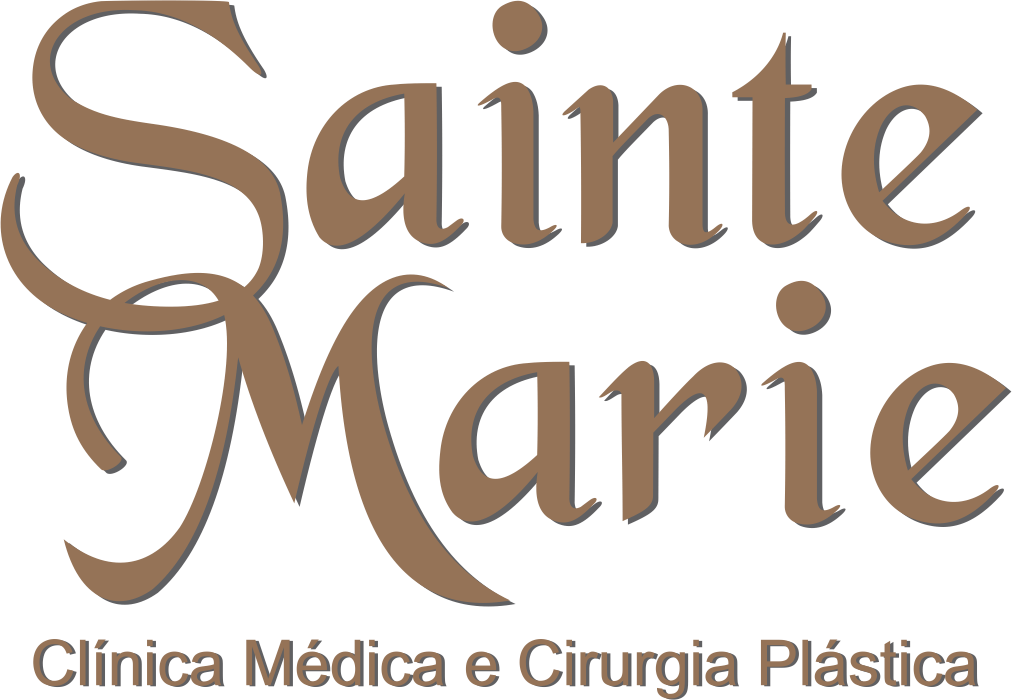Nutritionist
By: Alessandra Furlan Comin
In the field of aesthetic nutrition, there are some basic precepts involved in the promotion and maintenance of beauty, as well as in the prevention and treatment of aesthetic disorders, mainly related to body shape, hair, nails, and skin. In this sense, we offer the “Nutrition Tips for Aesthetics”, contemplating essential aspects that should be considered.
Performance of the Nutritionist in the scope of plastic surgeries
According to the Brazilian Society of Plastic Surgery (Sociedade Brasileira de Cirurgia Plástica – SBCP), this term is defined as a surgical specialty in charge of rebuilding body and facial tissue that, due to diseases, defects or disorders, require remodeling, either giving the patient an appearance as close to normal as possible, either by repairing its ability to function.
The pre and post-surgical periods require special care, either in the preparation of the individual for the future surgical procedure, or to promote their recovery, wound healing, health, and well being after surgery. In this context, adequate food is essential, and certain behaviors, food (including teas), supplements and phytotherapy species are indicated.
Attention to the nutritional status in the pre-surgical period
Nutritional status is one of the independent factors that most influence post-surgical outcomes in elective surgeries. Individuals who are malnourished or at risk of malnutrition seem to have greater repercussions on the organic response to operative trauma, so a varied and balanced diet in calories, macro and micronutrients is essential.
Weight loss in the period before plastic surgery
In the case of plastic surgeries with aesthetic aims that involve the reduction of localized body fat and remodeling of the silhouette, it is known that the weight loss prior to the surgical procedure, when conducted gradually and carefully monitored by the professional nutritionist, will aid in the reduction of fat percentage and the beginning of body shape remodeling even before the surgical procedure, allowing more satisfactory results, since the limit volume for aspiration is 7% of body weight, or 40% of its total surface. However, it is emphasized that large recent weight losses can lead to malnutrition and complications during and after surgery, and therefore the importance of a gradual and monitored process.
Feeding in the post-surgical period
The postoperative period is a time of intense inflammatory process and metabolic alterations in the organism, which include edema, increase of serum glucose levels, proteolysis, and elevation of the basal metabolic rate. In this context, the healing process of the tissue lesions from the surgical procedure occurs, justifying the adoption of a specific diet.
Nutrients are required in the healing process.
The healing process comprises distinct phases, in which specific nutrients are required.
Source: http://www.sbne.org.br/dicas-de-nutricao-estetica-sociacao-brasileira-de-nutricao-estetica.php



